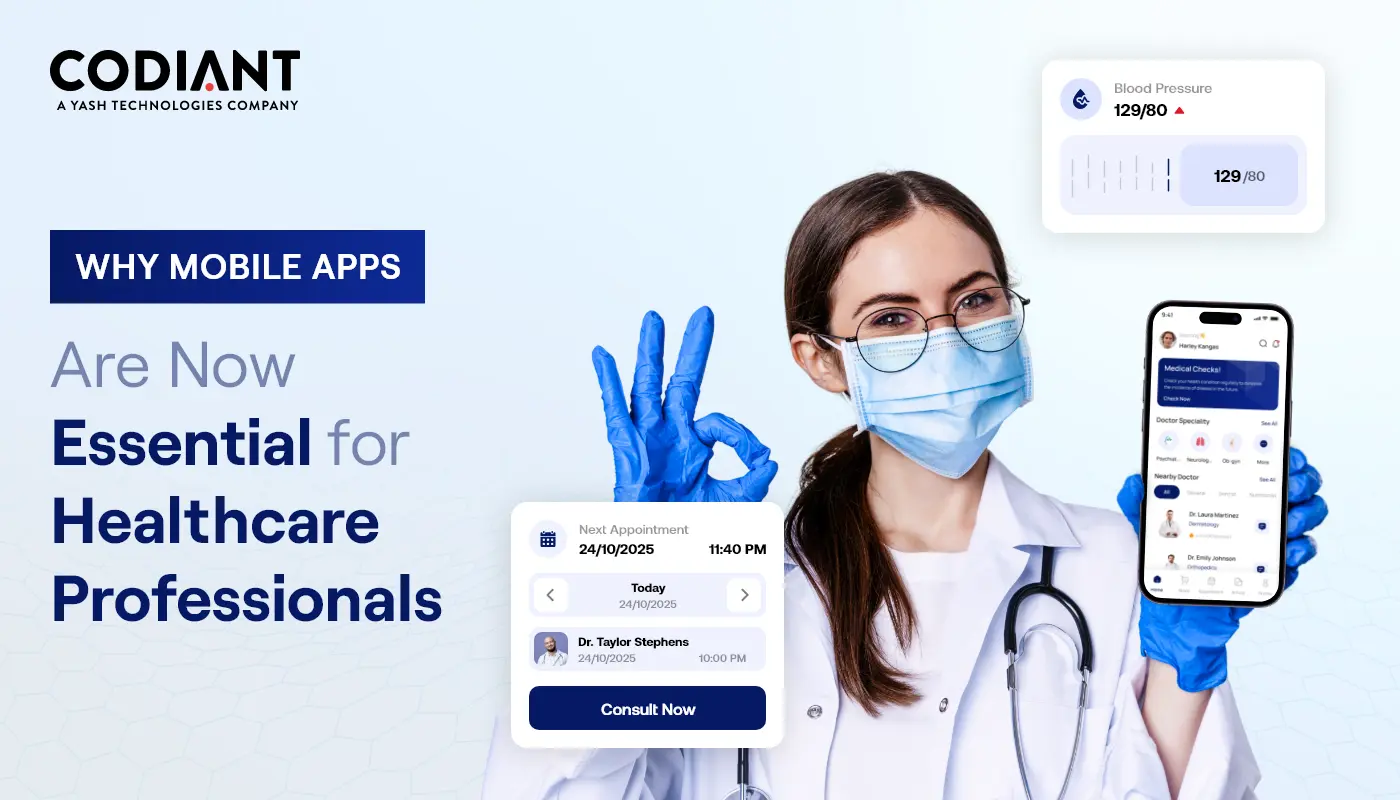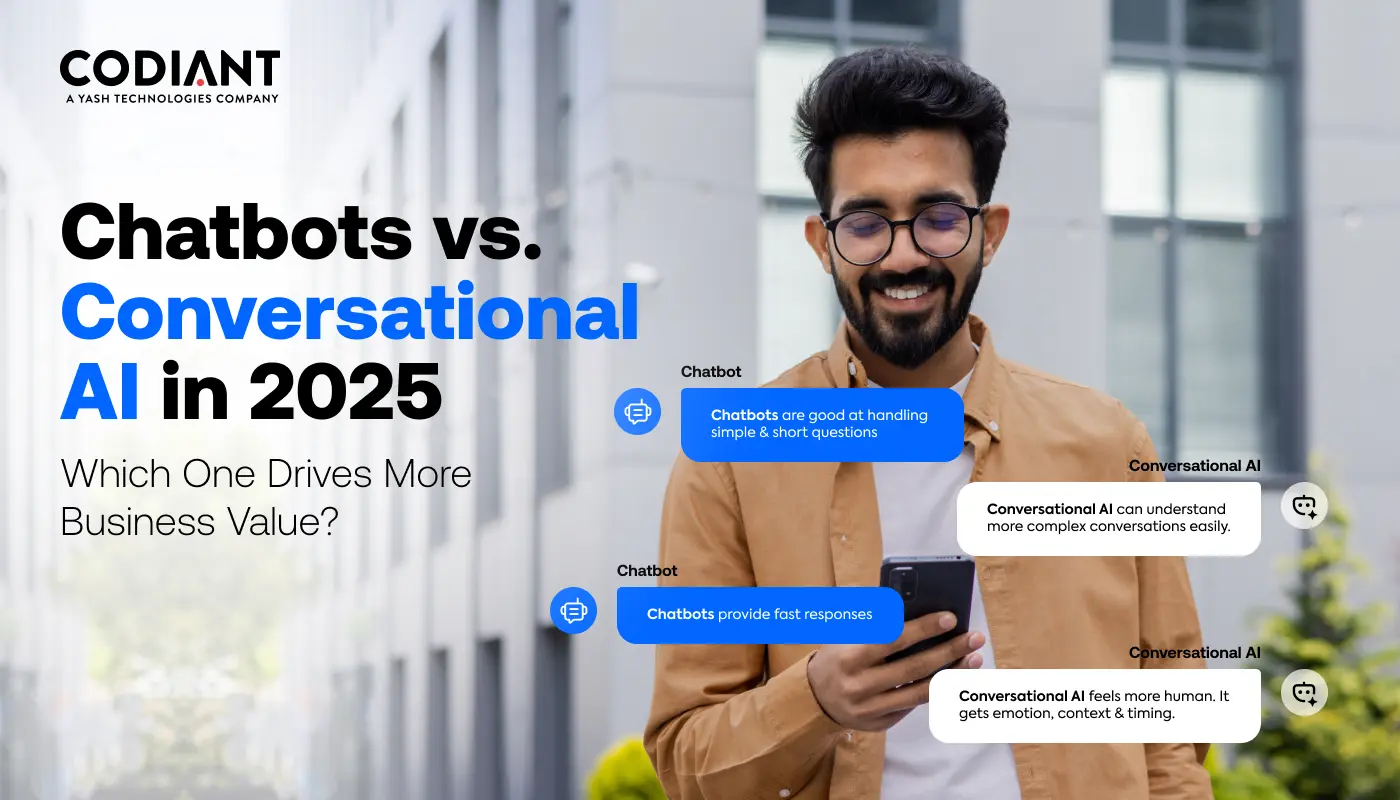Health Insurance Software Development: Industry Guide for 2025
Table of Contents
Subscribe To Our Newsletter

Owning a healthcare insurance policy is the need of the hour, despite that very few percentages of the global population own it. However, in most of the developed countries, to have easy and convenient access to medical services people must have health insurance coverage, if not then it is nearly impossible to access such services with ease.
With the changing scenario of the health industry, people are inclining toward health insurance software and services. As a result, to grab the customer base instantly – the startups are growing and hiring health insurance software companies. These service providers are also ensuring to comply with all the standard medical regulations, such as HIPAA regulations and NHS.
If you are also planning to enter into the health insurance industry and looking for a detailed guide on health insurance software development, then read ahead to refurbish your current knowledge and gain additional details as well to build a successful software for a health insurance company.
What is a Health Insurance Software?
The health insurance software is a tool that collects the crucial data of their clients and extends monetary assistance when required for healthcare. These monetary supports include hospitalization charges, medication and drug charges, along with physician appointment fees.
Such health claim software automates the billing process and claim-related process, which fastens the entire settlement process for hospitals and insurance companies.
Medical insurances are a great helping hand for any individual, especially during any unforeseen circumstances. These insurance plans are a life savior when people don’t have enough funds to pay for the treatment of any severe or terminal illness.
The global health insurance industry market size was valued at $1.98 Trillion in 2020 and is projected to touch a rising figure of $4.15 Trillion by 2028, at a growing CAGR of 9.7% from 2021 to 2028.

With such a rapid spike in health insurance, the insurance industry is effectively implementing suitable software to attract higher productivity and raise performance results. The insurance companies provide a variety of health insurance software solutions suitable for their customer’s varied needs.
Being a health insurance provider, you can also follow to implement a variety of solutions for your customers, which are described below in detail.
Types of Health Insurance Software Solutions
1. Claim Processing Health Insurance Software
In health insurance, the claim management process includes claim assessment, policy details, negotiation, litigation and settlement communications. This type of software support insurers to streamline the claim management and automate the document generation, reimbursement process and claim settlement that follows a well-defined workflow.
Some of the top claim processing health insurance software are Guidewire ClaimCenter, Snapsheet, Applied Epic, etc.
2. Policy Management Health Insurance Apps
The main purpose of policy management apps is to design policy and define all the relevant guidelines along with managing bills and accounts, request monitoring, and customers portal. All these features promote operational efficiency with a minimum usage of resources. The policy management apps provide robust protection of clients’ critical details, documents, and records, which almost eliminates the potential for information violation.
Some of the reliable policy management software are, SiegeAMS, Jenesis Software, A1 Tracker, and others.
3. Agent Management Solution
Insurance is not only about claim settlement or reimbursement but it also require such facilitating tools that can help them in optimizing and fastening their work. These types of apps or software can be integrated with varied features, it includes:
- Data processing
- Analysis and reporting
- Automated promotional campaigns
- Customer relationship management
- Sales team communication
- Business process management
- Payment gateway integration
Some of the top examples of such tools/software are, QQCatalyst, AMS360, AgencyBloc, Applied Epic, and many more.
4. Insurance Lead Management CRM Software
With the insurance lead management system, the insurer can easily leverage the streamlined process of lead management and acquisition to build long-term relationships with their customers. Thus, to make it possible, the agents require a well-organized contact database, analytics, and sales pipeline.
Additionally, the CRM system in the lead management software facilitates multiple operations and supports managing all of their products, intermediaries, team, and varied channels, this eventually helps to raise their operational efficiency.
Integrating the lead management insurance software with standard CRM will prove to be quite effective. However, it is suggested to use custom-built HIPAA-compliant software that can support handling sensitive health-related details.
5. Risk Management Platforms
Not every business is exposed to risk and financial fraud. But the businesses or agents won’t prefer to highlight any such issues that can hamper the brand’s reputation. Therefore, to eliminate such issues and instantly track any fraudulent activity, the companies must digitalize their risk assessment process to prevent any wrongdoing.
Not only this, the businesses have to experience various types of risks with time, and to handle that requires a wider range of customized solutions based on their strategies and business objectives.
6. Health Insurance Data Analytics Tools
The Health Insurance business is stuffed with an immense amount and type of crucial data that not only require security but also dedicated wise minds to study and analyze it. To ensure easy and quick data analysis, the software should be equipped with advanced technologies, such as Artificial Intelligence (AI) and Big Data.
These technologies implement intelligent algorithms to study the bulk of data at a time and perform real-time data analysis. Such data study, helps to extract potential prospects, present personalized policy, gain market insights, and all this becomes super easy just on a few taps or clicks.
Business Models for Health Insurance Software
The intrusion of digitalization in the insurance sector has simultaneously evolved both the healthcare and insurance industries. With advancements in healthcare mobile app development, the mode of interaction between patients and insurers has been transformed to a great extent—enabling faster communication, streamlined claim processes, and improved patient engagement.
Such digital advancement in the health insurance sector has transformed the traditional role of the health insurance company into an active and modern healthcare provider. In addition to that, it is creating new opportunities to attract more clients, generate more revenue, reduce expenses and increase the company’s market value.

Top Features to Consider For Health Insurance Software Development
1. Claim Filing and Tracking
Facilitate your customers to get claims and return at their fingertips. In simple words, the customer can easily and quickly file a claim through their mobile device and track its status in real time as well. The health insurance software will allow your customers to even upload their documents and track process status rather than reaching out to agents on call for claim settlement and status.
2. Policy Details and Pricing
Ensure your health insurance software development company builds an easy-to-use user interface that allows the customer to fetch policy details and a variety of policies just in a few clicks. The customer should be aware of all the minute details of the policy they are about to purchase and invest their hard-earned money for their safe and happy future. The insurance apps should also integrate a policy premium calculator that tells the estimated price based on specific parameters.
3. New Policy and Renewals
Time is precious in this fast-paced life and no one likes to spend too much time purchasing a new policy and renewing an existing one. With health insurance apps, now you can facilitate your customers to leave traditional practices of taking care of their lives and instead insist them to purchase or renew the policies instantly. Such facilities enhance customer experience and satisfaction by multiple folds.
4. 24×7 Instant Support
Integration of AI-enabled Chatbots is now turning into a valuable tool and much-needed feature in any health insurance software development. The chatbots provide instant information, assistance, and resolves customers’ query at any time of day and without any delay. AI technology uses predictive analytics to make informed decisions and help customers in making the right decision for their families and bright future.
5. Push Notifications
Push Notification is one of the best and most valuable features that should be integrated into your health insurance software development. It is a most suitable feature to facilitate both marketing and services. With this feature, you can easily send premium reminders, policy status, new suitable policy, claim processing status, etc. without affecting the privacy of your customers.
Other additional features that are must for a health insurance software development are as follows;
- Customer Profile and Inventory
- Document Scanning and Payments
- Handwritten Inputs and File Storage
- Location-based Services
- Web-based Real-time Quoting
- Analytics and Report Generation
- Documents Lifecycle Automation
- Underwriting Automation
Health Insurance Software Development: Tech Stack
The selection of tech-stack to develop any application is variable based on the chosen development approach, platform, business requirements and the project’s goals. However, the selection of the right tech is very crucial for the success of any project.
For Back-end Development: Python, Laravel, Yii, PHP
For Front-end Development: Angular, JavaScript, React, Vue.JS, CSS3, HTML5
For Mobile App Development: Kotlin, Flutter, Swift, Java
Database: SQLite, Firebase, PostgreSQL, MySQL, Realm
Utilities: Google Tag Manager
Business Tools: WordPress, Font Awesome
Cloud Infrastructure: AWS
Payment Tools: Google Pay, Apple Pay, PayPal, Stripe, Braintree
On the development front, building any app or software is not at all an easy task. Likewise, health insurance software development is a complex and heavily regulated process for any company. Therefore, don’t expect the development to be simple and smooth at all times.
Advanced Technologies: Health Insurance Software Development
1. AI and ML for Data Analytics
AI-enabled algorithms and ML technology together make data easy to read and analyze existing data of customers to track their behavior and predict actions, such as claims, new policies, or renewal. Both technologies together support reading insights that support making better decisions.
2. Chatbots for Better Customer Support
Customer Assistance will become quick, accurate, and available for 24×7 services, once businesses integrate the chatbot feature in their software or application. It will ultimately require less workforce and provide more free time to employees to take care of other important tasks.
3. IoT for Intelligent Business
IoT is an intelligent technology that is applied in many industries including the health insurance business. The IoT technology in the insurance business can generate more revenue and minimize expenses over insurers in multiple aspects.
4. Big Data Supports Improved Decision-Making
Big Data technology is a great solution provider for a heavily data-dependent health insurance business. This technology supports the study of competitors’ data and provides deep insight over it, which let businesses understand the market and formulate suitable strategies to lead the competitive market.
5. Blockchain to Enhance Security
Blockchain is a great supportive hand that allows all these advanced and basic technologies to work freely and yield reliable results. Blockchain technology introduces much-needed transparency and sensitive consumer data security that these health insurance software’s/apps entirely rely on.
The Total Cost To Develop Health Insurance Software Development Solutions
The cost of health insurance software development varies over multiple factors, it includes app complexity, number of platforms, multiple device compatibility, target locations, development team, type of design and development tools, etc.
Considering all these factors, the health insurance software development cost can be broadly categorized under three types of apps relying on the client’s app requirements.
1. Simple or MVP Health Insurance Apps/Software
The simple app comes with a basic set of features, which is often termed as an MVP solution. Such apps are designed only for a single platform.
An accurate estimation of app development won’t entirely be possible however, the average cost of a health insurance app development starts from $25,000 or more.
2. Medium Complex Health Insurance Apps/Software
The medium complex apps are a bit more challenging and heavy apps to develop. Along with all the basic features and functionalities, such apps also possess some important yet complex features. It includes in-app chat support, payment gateway integration, custom designs etc.
Hence, the health insurance app development cost for a medium complex solution will averagely cost around $35,000 or more.
3. Highly Complex Health Insurance Solution
Customized apps are highly complex health insurance applications that comprise several advanced features such as data analytics, geolocation, recommendation marketing, etc. All these features are integrated to enhance the user experience and regularize the business processes.
Building such a complex and advanced health insurance platform will averagely cost around $50,000 or more.
These figures will let you analyze the quality of the product based on initially how much you are willing to invest in healthcare insurance application development.
Team Composition
Although the size of a healthcare insurance app development team depends on the complexity and scale of a project, here we define the basic team structure for developing a mobile app:
- Project Manager / Product Manager
- UI/UX Designer
- iOS Developer
- Android Developer
- Backend Developer
- Quality Assurance Engineer
In our next article, we will talk about healthcare insurance software benefits and challenges. If you would like to discuss more about this solution or are interested to develop an insurance mobile app for healthcare providers, we at Codiant have a pool of healthcare app developers and UX designers having collective expertise in developing a wide range of healthcare-focused software solutions with full customization and organization specific needs.
Featured Blogs
Read our thoughts and insights on the latest tech and business trends
Top Reasons Why Healthcare Providers Need Mobile Apps Today
- October 27, 2025
- Healthcare
If you’ve been to a clinic lately, you might have noticed something new-paper forms are almost gone and screens are everywhere. From booking doctor visits online to checking your recovery updates on your phone mobile... Read more
Which is Better for Your Business in 2025- Chatbots or Conversational AI?
- October 22, 2025
- Artificial Intelligence
In a Nutshell: Chatbots = Simple & Fast- Great for FAQs, appointment bookings & routine customer support. Conversational AI = Smart & Scalable- Uses NLP and machine learning to understand context, personalize replies & handle... Read more
Why Hiring Full-Stack Developers Makes More Sense for Complex Projects
- October 17, 2025
- Staff Augmentation
Let’s start with the obvious- software projects are messy. They never roll out like those neat diagrams in pitch decks where every arrow points forward and nothing breaks. Complex projects - think SaaS platforms, enterprise... Read more




